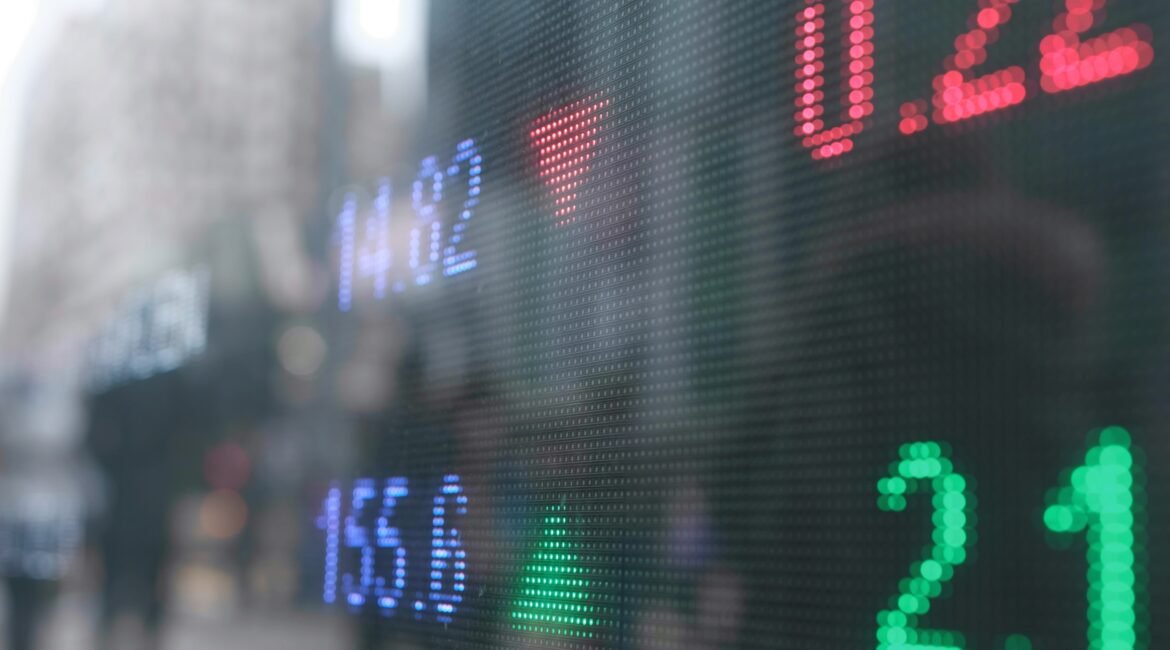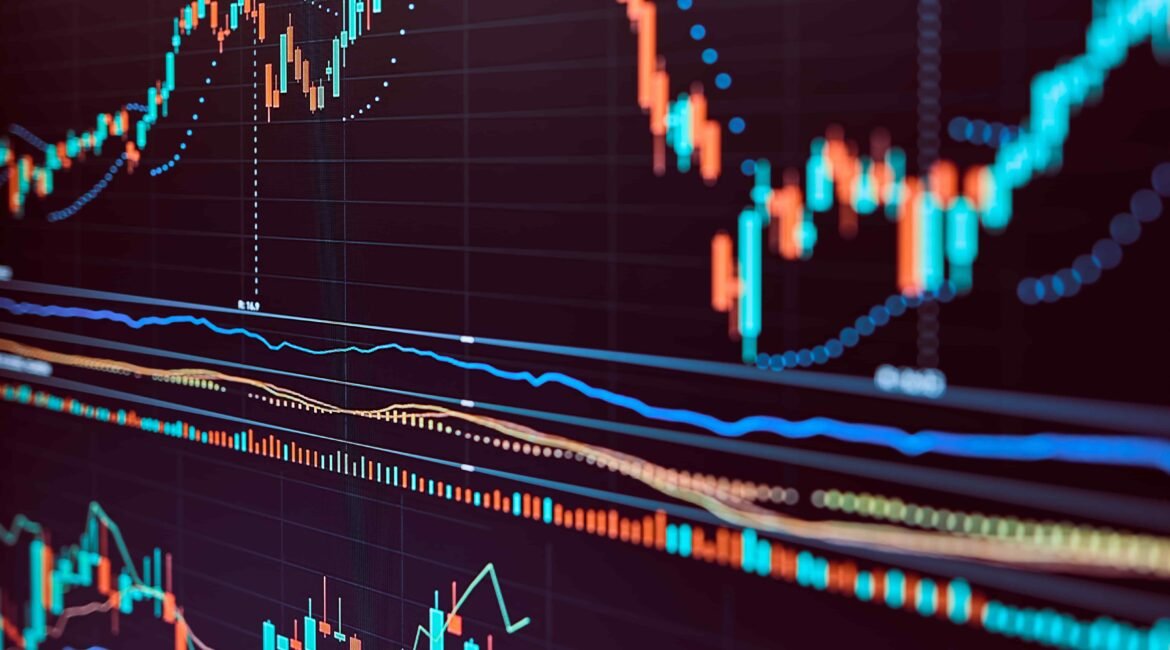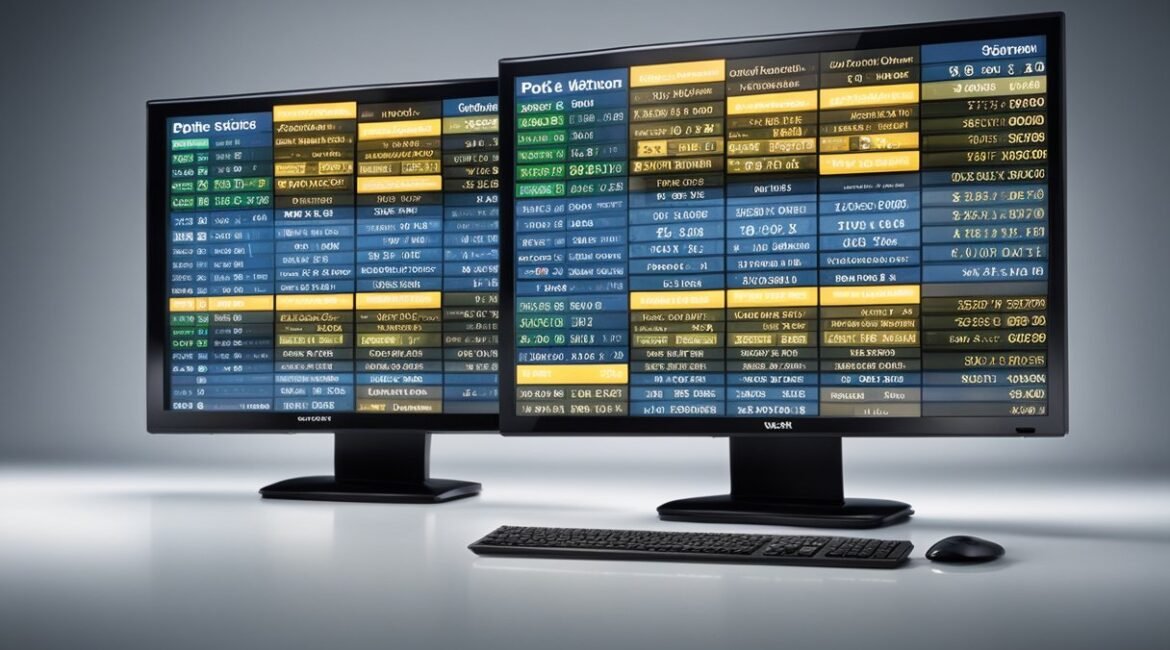Fixed income trading is a type of investment that involves buying and selling securities that pay out a fixed level of cash flows, typically in the form of interest or dividends. Fixed income securities include government and corporate bonds, as well as other debt instruments. Fixed income trading is a...
What is Index Trading? A Clear and Neutral Explanation
Index trading is a popular form of trading that involves buying and selling a group of stocks that make up an index. An index is a measurement of the value of a section of the stock market, and it is computed from the prices of selected stocks. Index trading allows...
Trading Setup: How to Build a Winning Strategy
Trading setup is an essential component of a trader's success. A trading setup refers to the trader's workstation, which includes the computer, monitors, software, and other tools used for trading. A well-designed trading setup can help traders take full advantage of the information at their disposal and make better trading...
Trading Coaching: How to Improve Your Trading Skills
Trading coaching has become an increasingly popular way for traders to improve their skills and knowledge of the markets. With the vast amount of information available on trading, it can be overwhelming for beginners to know where to start. A trading coach can provide guidance and direction, helping traders to...
Successful Traders: Habits and Traits for Achieving Consistent Profits
Successful traders are among the most sought-after professionals in the finance industry. They are individuals who have honed their skills and developed a sound investment strategy, which allows them to consistently earn profits in the market. While there is no one-size-fits-all formula for success in trading, there are certain traits...
Triple Bottom Pattern: A Technical Analysis Tool for Identifying Reversals in Stock Prices
The triple bottom pattern is a popular chart pattern used in technical analysis that signals a potential reversal of a downtrend. It is formed when the price of an asset reaches a low point three times, with each low being roughly equal. The pattern is completed when the price breaks...
What is a Spread Trade? A Clear Explanation
A spread trade is a popular investment strategy used by traders and investors to take advantage of market imbalances. It involves simultaneously buying and selling related securities as a unit to profit from the price difference between them. Spread trades are usually executed with options or futures contracts as the...
What is Share Consolidation? An Overview of the Process
Share consolidation is a term used to describe a process by which a company reduces the number of shares trading on the stock exchange. This is achieved by reducing the number of shares held by its existing shareholders. Share consolidation is also known as a reverse split in the US....
eToro Leverage Fees
Leverage trading has become a popular strategy among traders, allowing them to amplify their potential returns. eToro, a leading social trading platform, offers leverage trading across various financial instruments. However, with the potential for higher returns comes the responsibility of understanding the associated fees. In this guide, we'll delve into...
What is ECN?
Electronic Communication Networks, commonly known as ECNs, have revolutionized the world of trading and finance. They serve as a bridge, connecting individual traders with major liquidity providers, ensuring that the financial markets remain fluid and efficient. What is ECN? Before diving deep into the intricacies of ECNs, let's highlight some...











